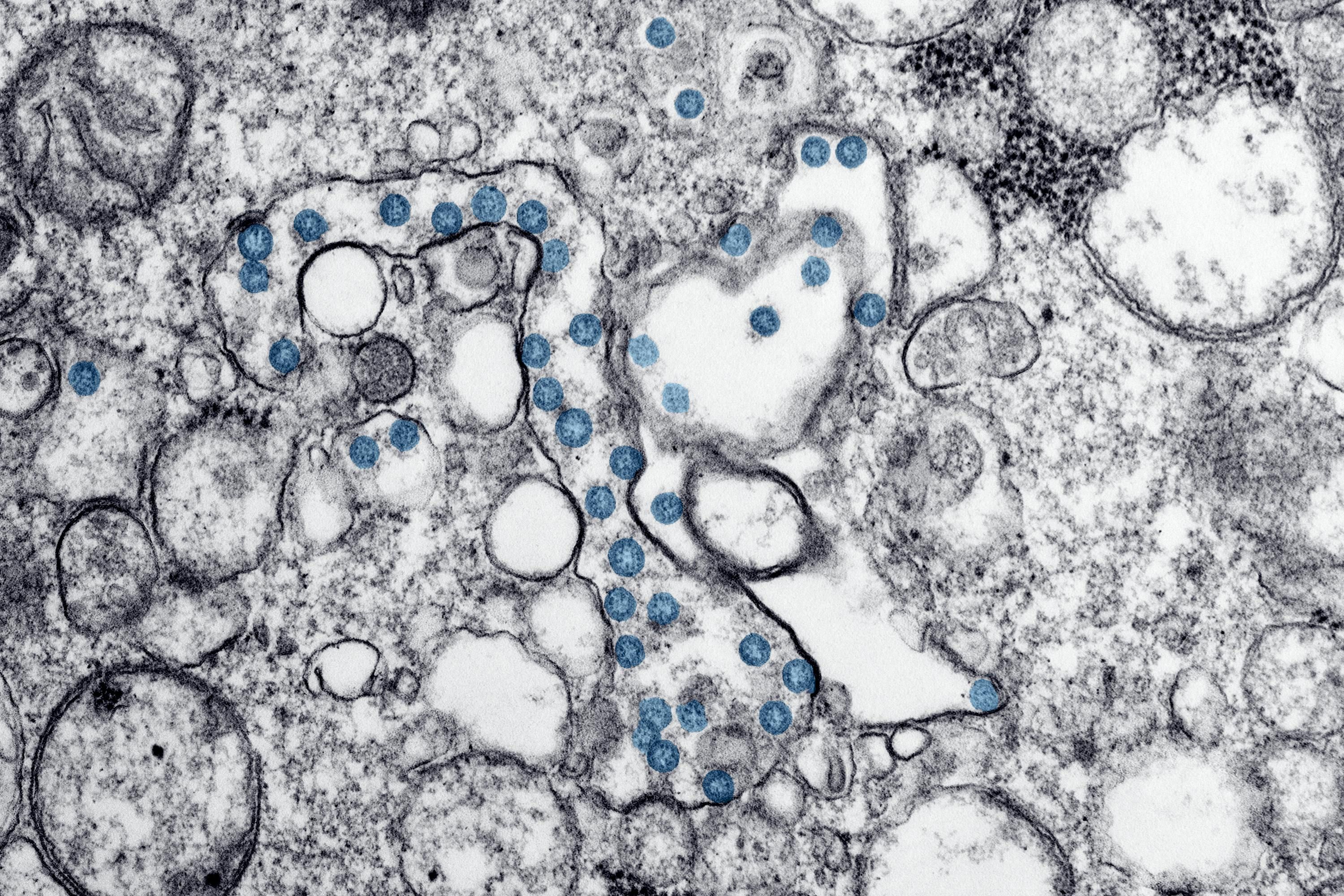The Vaginal Microbiome as a Tool to Predict IVF Success

The Vaginal Microbiome as a Tool to Predict IVF Success
The Vaginal Microbiome as a Tool to Predict IVF Success
The vagina is home to millions of bacteria, and when these microorganisms are in harmony, they perform essential functions for reproductive health.
However, when the balance is disrupted, it can lead to fertility issues, pregnancy loss, and decreased success rates with IVF.
Unlike the gut microbiome, which hosts a variety of bacterial types, the vaginal microbiome is predominantly made up of a type of bacteria known as Lactobacillus.
Lactobacilli generate lactic acid, which serves as a protective barrier against harmful pathogens. If pathogens or anaerobic bacteria enter the vaginal environment, the lactic acid inhibits their growth, preventing potential infections. This helps maintain an acidic pH, typically below 4.5.
Common bacterial imbalances in the vagina include bacterial vaginosis (BV), candida overgrowth (thrush), and ureaplasma.
What Does This Have to Do With IVF?
An imbalance in vaginal bacteria or insufficient Lactobacillus is linked to lower success rates in women undergoing IVF treatments. Specifically, this imbalance can result in reduced implantation rates, higher incidences of ectopic pregnancies, and increased rates of early pregnancy loss.
The vaginal microbiome isn't confined to just the vagina; it can spread and affect the entire reproductive system. These bacteria may be transferred from the vagina to the uterus during procedures like egg extraction or embryo transfer.
What Can Be Done?
Testing the vaginal microbiome is a straightforward way to assess its health. At-home tests, which typically involve a simple swab or tampon-style kit, can be sent to a lab for analysis. If an imbalance is detected, the good news is that it can often be corrected with dietary adjustments, supplements, lifestyle changes, and occasionally antibiotics.
It's crucial to understand that vaginal microbiome imbalances can sometimes exist without symptoms for a long time. However, there are some signs to watch for, including unusual discharge, a strong odor, itching, lesions on the labia or surrounding skin, painful intercourse, or swollen, warm tissues inside or outside the vagina.
This situation can complicate fertility, making conception more difficult. Additionally, in some cases, both partners may need treatment to address a bacterial overgrowth or infection.
Could an imbalance in your vaginal microbiome, such as low levels of Lactobacillus or a bacterial infection, be hindering your journey to parenthood?